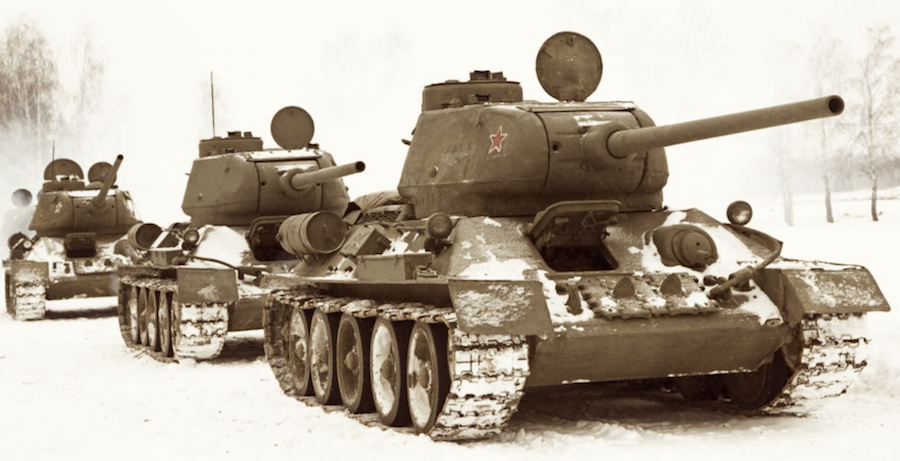Firstly a common method of assessment of the damages received agreement. Thereafter a claim of compensation based on international law will be drawn up accompanied by a legally based process of serving it to the Russian Federation.
Reinsalu stressed that Estonia has not withdrawn or plans to withdraw unilaterally from these demands. He stated that in addition to the joint claim of the three countries there remains the possibility of claims by specific individuals to Russia as well as private enterprises involving the use of slave labour during the occupation.
In Estonia an international commission of experts has studied the damages of the occupying regimes and ended their research in 2004.
A joint communiqué of the Baltic justice ministers refers to the 1939 secret protocols of the Molotov-Ribbentrop Pact and its short and long term consequences.
The communiqué states: The Baltic states were exploited for political and economic gain. These states have suffered from great demographic and socioeconomic losses. The Russian Federation has declared itself to be the legal successor of the Soviet Union thereby assuming its rights and obligations. All cases and demands of Estonia, Latvia and Lithuania resulting from the occupation are to be solved by the Russian Federation.
The communiqué explains that the de jure existence of the Baltic states was never interrupted, even during the Soviet occupation.
The communiqué outlines the specific aims of the joint claim: To assess and present the total economic loss and damage caused by the Soviets. To stress the actuality of the occupation in relations with the Russian Federation and to guarantee that the Russian Federation, the legal heir of the Soviet Union's rights and obligations recognizes the occupation, assumes full responsibility and compensates all related losses. To present the claim internationally in accordance with international law. To give the current and future generations an objective and complete understanding of the Soviet occupation and its aftermath based on research and assessments and provide them with the means to pursue legal redress themselves. To make the crimes of the totalitarian Soviet regime in the Baltic states an international case of justice.
It was inevitable that Russia would react immediately. The viewpoint of the chair of Putin's presidential Human Rights Council lacked any logic: the demand for compensation has no legal prospects as Russia is also a ‘victim of a totalitarian regime, not a party guilty of it'.
Russia also stated the size of the assessed claims that had been calculated in the past: Lithuania – $20 billion (US) – Lithuania's own calculations put the damages at 23.5 euros; Latvia – $200 billion; Estonia – $4 billion for the environment and $250,000 for every single individual who had suffered repression.
Internationally the issue hasn't yet drawn the attention for which the Baltic states are hoping. During this past summer, the USA House of Representatives unanimously passed a resolution that calls on Russia to apologize for the occupation. It's a gesture that Moscow would vehemently reject for it implies a culpability that Russia has always and totally denied.
Some observers suggest that to expect even the slightest agreement from Russia on the question of compensation would be utterly unrealistic. The Baltic states simply lack the political, economic or military leverage to move Russia even minimally. But an apology, a genuine, from the heart apology would be a radical development for the positive. However Russia must be psychologically mature for this. The best that could be expected in the future is a democratic Russia that honours Western values. But the political milieu of the Putin era makes this expectation illusory.
Laas Leivat




